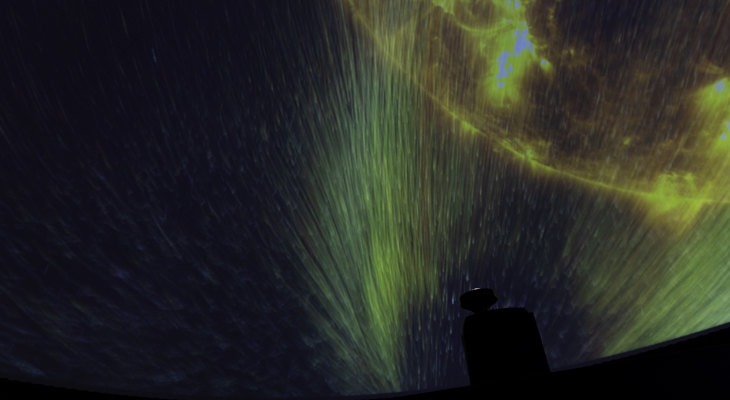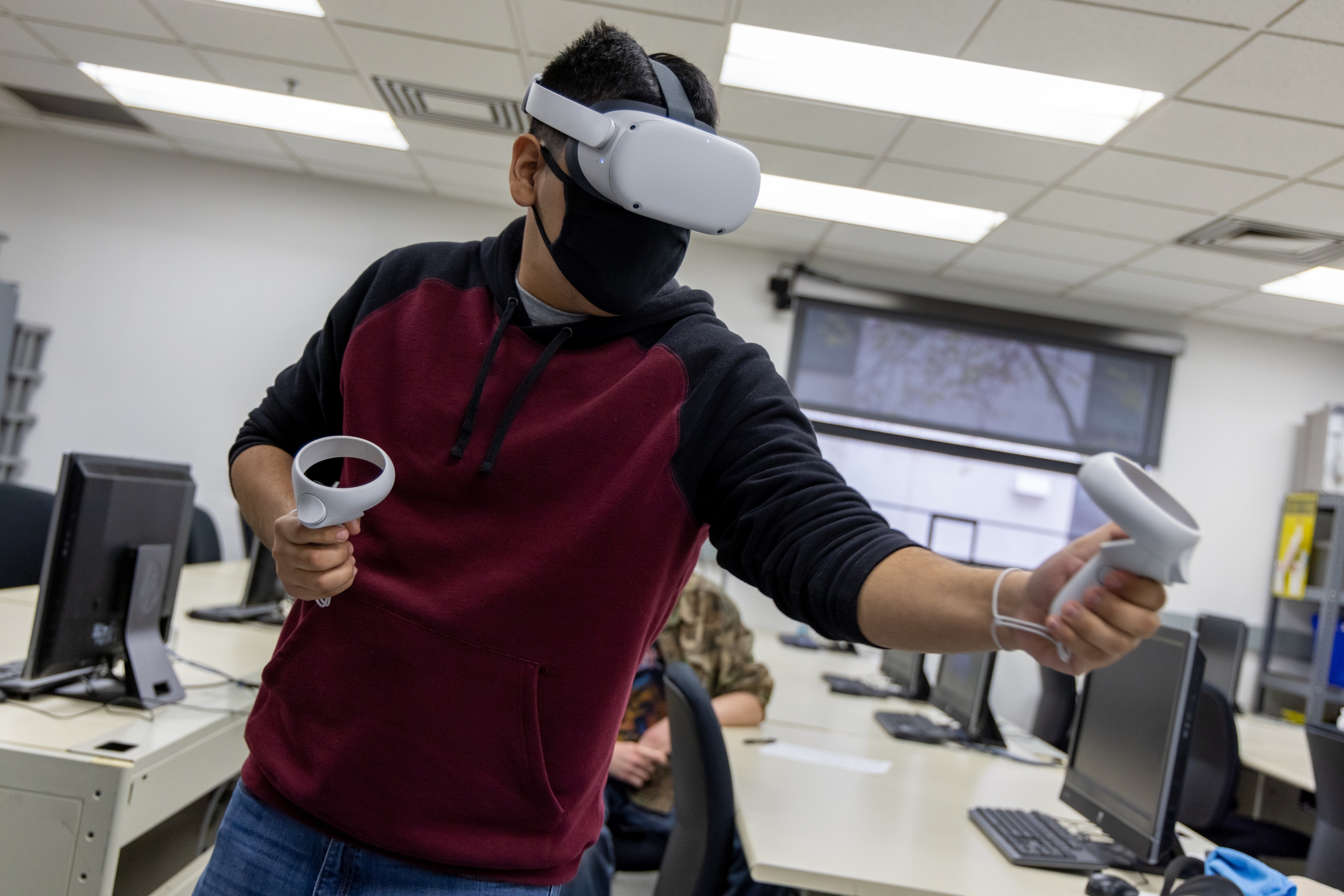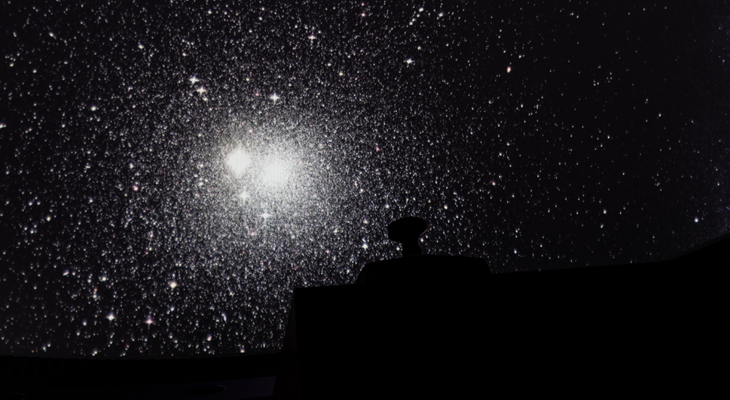
Planetarium Show: The Little Star That Could
The Joliet Junior College Media Services Department has created its first in-house virtual reality (VR) technology, allowing students to use equipment that is tailored specifically to meet their needs in a safe environment.
Casey Case, JJC’s emerging education technologist, created a multimeter virtual simulation (MVS) to teach students how to use the technology in a safe and financially risk-free environment. Multimeters are used to measure multiple electrical properties, such as voltage, resistance, and current. They can be used to test items like batteries, electrical cords, or light switches.

“With the MVS, students can practice diagnosing issues within an electrical circuit without the risk of injury or equipment damage. It also has a large financial benefit to the college, costing much less than other products on the market and has no yearly software licensing fees,” Case said.
The MVS has three simulation diagrams to help them diagnose the problem; a power, a schematic and a ladder diagram. Once the circuit problem has been diagnosed, the student must swap the bad component with a spare part.
“Some students are visual learners and need to have hands-on experience to synthesize and retain what they’re learning,” said Case.
“This VR build is really good for keeping students interested in the class,” explaining one student.
The components of this simulation can be assembled by students in any way they imagine. This means that the software does not just cover the fix, it fully simulates how electrical circuits function.
Case’s job is to manage the existing VR technology on campus and to find a need for new simulations in other academic programs. He says that his next project will be a general classroom simulation so that instructors can bring in any object that they need. This versatility will allow students in any program to have the ability to learn using VR technology.
“I want to change the way students learn,” Case said.

